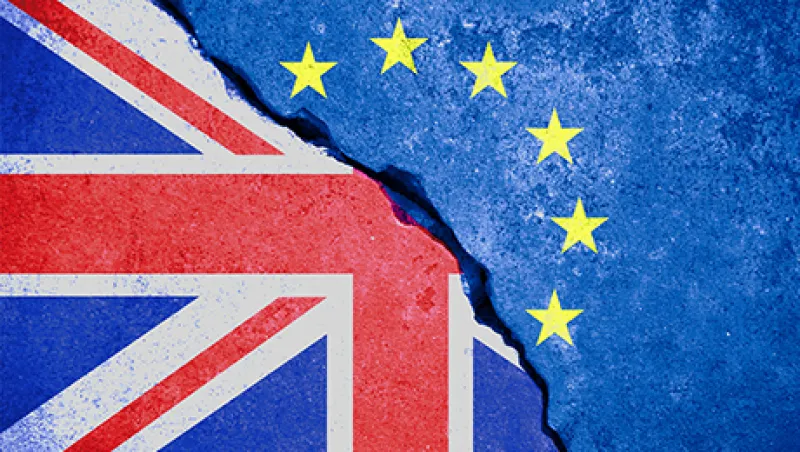
What Makes Decisions Legitimate? It Matters for Policy, Markets
The lesson of Brexit and Narendra Modi’s GST victory is that who makes decisions matters just as much, if not more, than the outcome.
Jerome Booth
August 18, 2016


